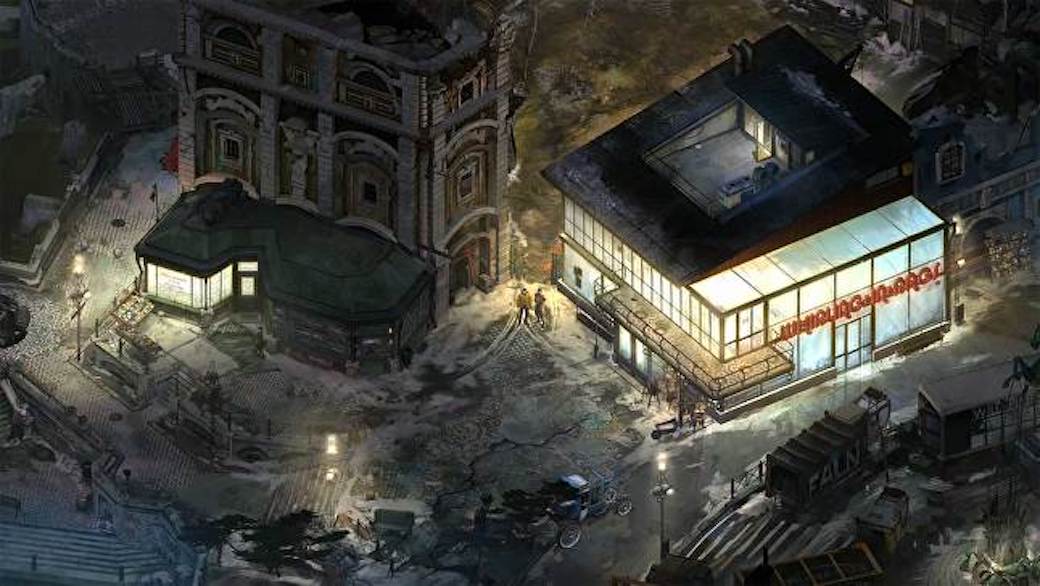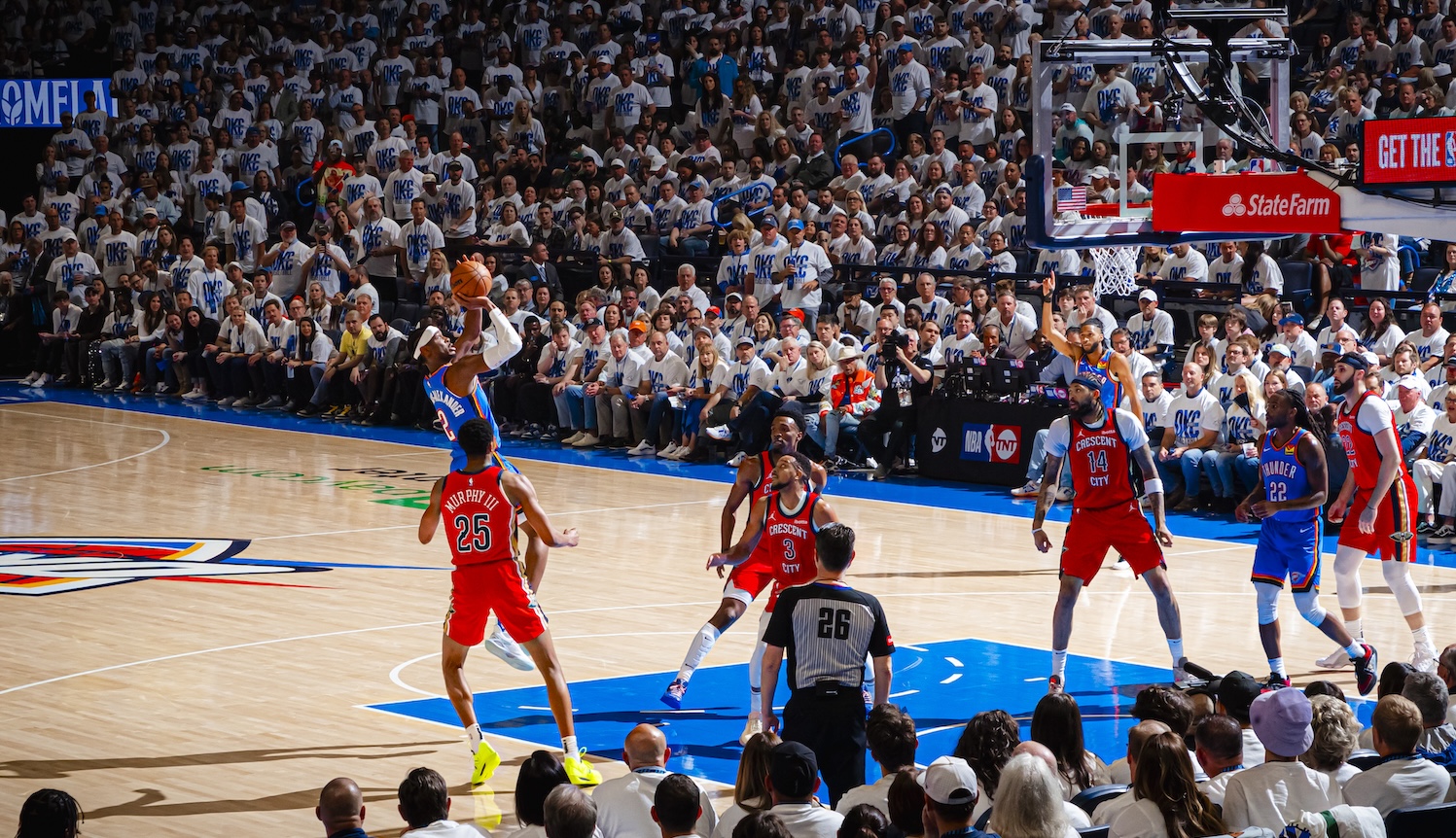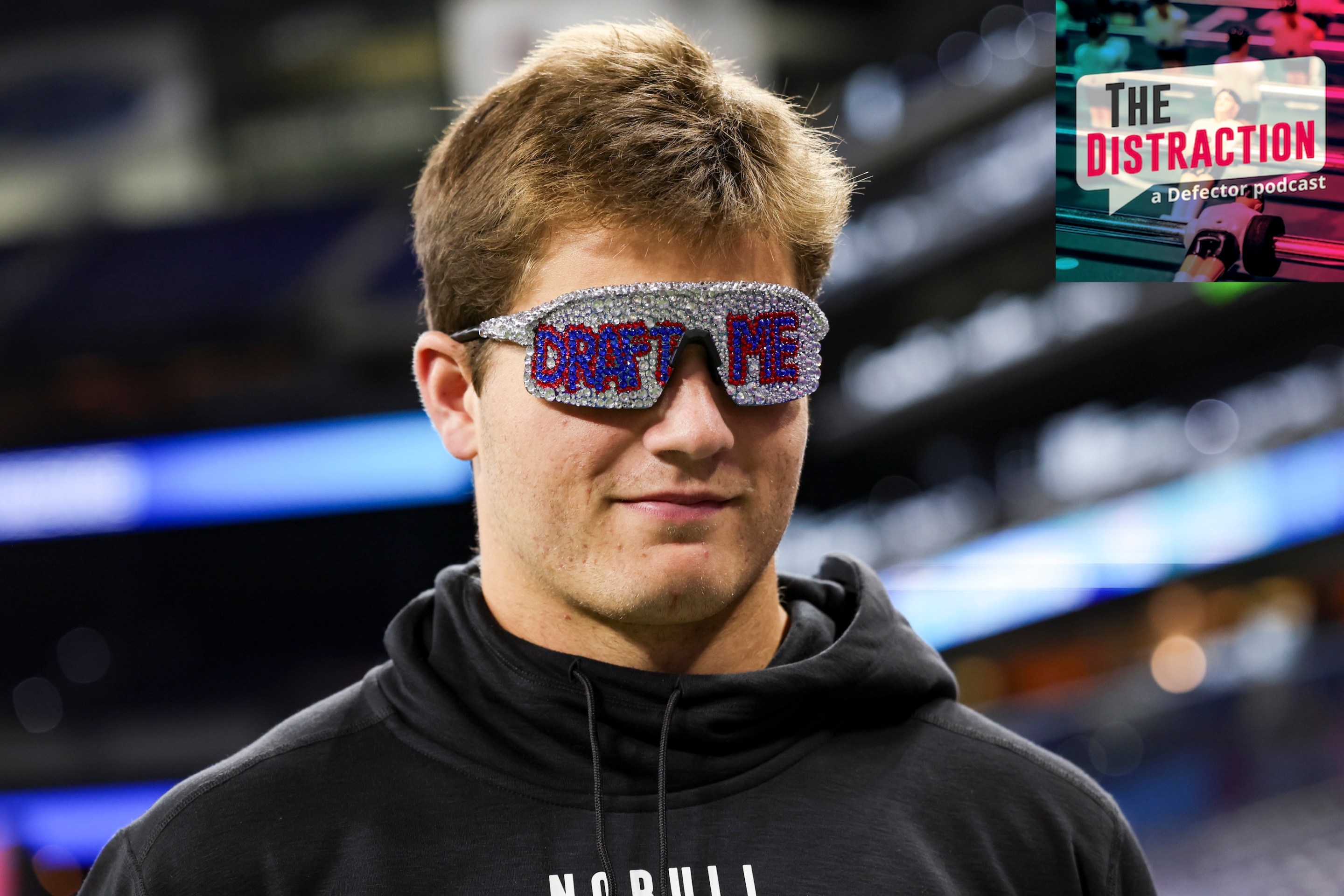‘Disco Elysium’ Is Rewiring My Broken Gamer’s Brain
11:47 AM EDT on April 26, 2021

Video games have spent so many years conditioning my brain to conceive of them as units of time and effort. I know not to hope for much more than 6–10 hours of gameplay in the single-player campaign of a big-budget first-person shooter; I know that the giant open-world games will offer me, if I have the stomach for it, nearly 100 hours of questing, fighting, and mindless loot-hunting. Even the big Triple-A narrative games, the ones that are supposed to elevate the medium from entertainment to art, will find a place in my mind as a 15- or 20-hour game. This is possibly a joyless way to think about these things. But it's an impulse I never really paid much attention to until Disco Elysium got its fingers around my brain and started messing with the ways I think about video games.
Disco Elysium—which was originally released on PC in October 2019, won a hatful of Game Of The Year awards, and was then remastered this year for the new console generation—is a little hard to explain. The base mechanics of the game are similar to a classic table-top role-playing game. Your character, an amnesiac detective tasked with solving a murder in an impoverished post-war city called Revachol, moves around and interacts with various NPCs, navigating through dialogue trees that occasionally surface skill checks that you pass or fail based on how many skill points you've invested in each of your character's 24 attributes. The guts of a role-playing game are all there, but the experience of actually playing Disco Elysium feels much more like listening to a richly produced audiobook. A good chunk of the game is spent listening to dialogue from voice-acted NPCs, and even more time is spent having scenes described to you by a narrator who regularly speaks directly to your character from the point of view of his various attributes. This system isn't just ornamental—while playing last night, my character's Volition attribute was strong enough to interject into a conversation with a witness to point out that this woman's charms had scrambled the Empathy and Suggestion attributes, and their contributions couldn't be trusted in this case. Between these moments you get to explore Revachol, taking in the watercolor palette of the game's animation and luxuriating in the sorrowful score.
What this all adds up to is a video game in which gameplay is a non-factor. In its place are thousands and thousands of words, most of them written by the game's lead writer and designer, Estonian novelist Robert Kurvitz. If you've played a lot of video games, you are perhaps now recoiling in horror at the thought of one entirely dependent on the quality of its writing. If everyone who reads this blog post got together in one room and spent an hour trying to come up with a list of narrative video games that did not include several instances of teeth-achingly bad writing, they would maybe be able to come up with a list of two or three games.
Disco Elysium manages to avoid all the standard pitfalls of video game writing—artless exposition, tissue-thin characters, dialogue that reads like it was written by an AI—not by playing it safe, but by indulging in its literary ambitions. So far, my favorite moments in the game have been when the narrator speaks through a character attribute called Shivers, which tends to result in long, flowery descriptions of a cold wind blowing underneath a door, or of an old woman making her way down a quiet, rain-soaked street halfway around the world. As it turns out, you actually can write a compelling video game narrative when you don't have to spend thousands of hours designing and refining a combat system or animating realistic blood spray.
I keep waiting for the game's writing to disappoint me, for some oblong piece of Video Game Writing to emerge and break the spell. But that hasn't happened yet, and the more I play Disco Elysium the more I start to think things like, "I would sincerely recommend this video game to people who like Blade Runner or James Ellroy novels," without immediately dying of embarrassment at the thought. Such is this game's hold over me that, for the first time I can remember, I've found myself thinking about the game's characters even when I'm not playing it. I feel the kind of warmth for my character's partner, Kim Kitsuragi, that I can usually only muster for a favorite character from a novel. I worry that the city's union boss, Evrart Claire, is going to make my character look stupid for trusting him. I'm haunted by the pawn shop owner, who relayed a story about nuclear waste cleanup and drug addiction. I want to solve this damn murder.
Most of all, I just want to keep playing, because every minute my character spends walking around Revachol and completing various tasks that need to be done in order to solve the case is a minute that my assumptions about what a video game can or should be are upended. I'm not spending any time mastering a tricky combat or stealth system, or going in search of ever-more powerful pieces of loot, or painstakingly completing a long list of side quests so that I can feel like I am really getting my money's worth out of the game. What I am doing is having my character ask a woman who lives in a devastated fishing village out on a date, and then watching them as they stand side by side on a frozen coastline. As they talk in short, clipped exchanges, the camera zooms out and I can see the painted ocean stretching out before them as the music begins to swell in my headphones. And as I am feeling moved—genuinely a little bit moved!—by the scene unfolding before me, I am thinking about how hard it is to define exactly what this is. All I know is that it feels nothing like playing the latest Assassin's Creed, which was eager to tell me how many hours of my life I'd spent playing it each time I turned it on (30 hours ... 40 hours ... 60 hours ...) and got back to the increasingly joyless work of just trying to finish the damn thing.
I have no idea how many hours I've put into Disco Elysium, and when I finally finish it I won't have any desire to add them all up. What would be the point of that?
If you liked this blog, please share it! Your referrals help Defector reach new readers, and those new readers always get a few free blogs before encountering our paywall.
Editor-in-Chief.
Read More:
Stay in touch
Sign up for our free newsletter




